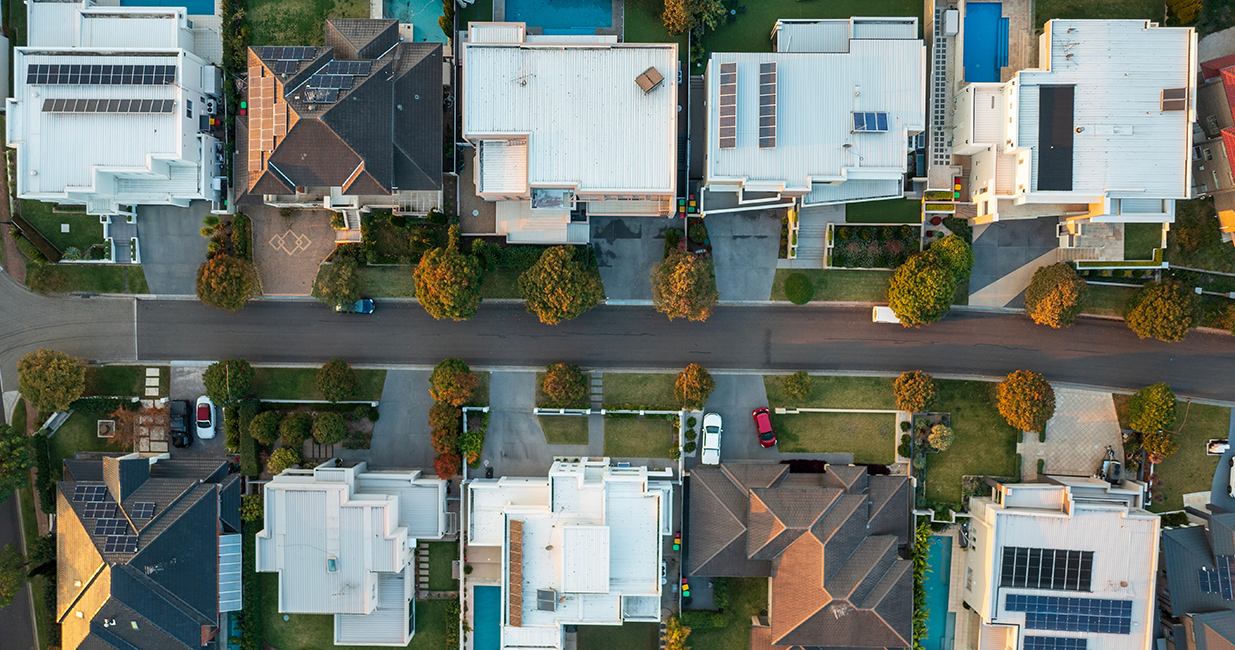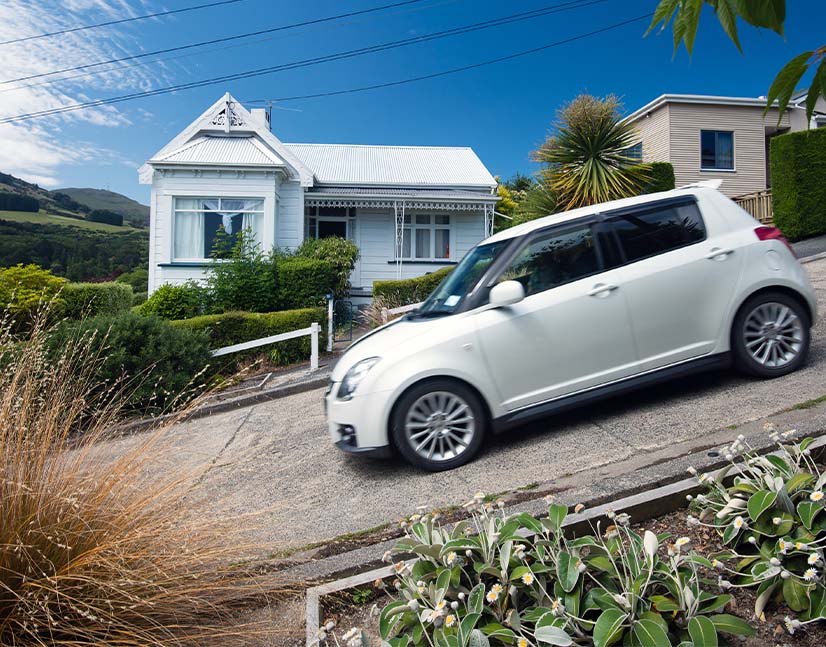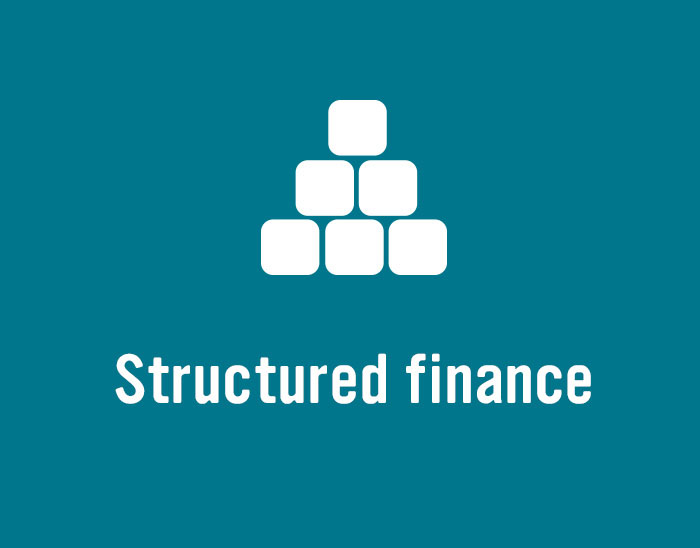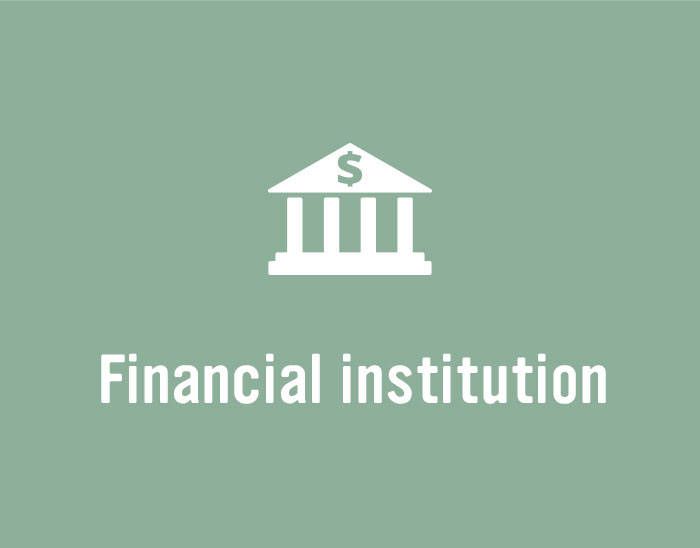
Angle Auto’s panorama targets benchmark status
Panorama is a new name to the Australian securitisation market but the underlying auto loans business – Angle Auto Finance, purchased from Westpac Banking Corporation in 2021 – used to be a source of significant issuance volume through the Crusade programme. Angle Auto’s Sydney-based group treasurer, Steven Mixter, discusses the new entity’s plans to become a regular, substantial issuer.
The Panorama programme debuted in the public securitisation market this year, with a A$900 million (US$577.8 million) deal. What are your reflections on the transaction nearly six months on?
We were, and are, obviously delighted with the outcome. This is especially because we kicked off the roadshows for the transaction in London on the Monday after Silicon Valley Bank went down, followed in short order by Credit Suisse – in other words, during market turmoil we haven’t seen for a number of years. At that stage we probably felt it was 50-50 that we would be able to do the transaction at all.
But once we were able to explain the story to investors, specifically that we were offering prime Australian auto collateral originated by what would become a repeat borrower, investors wanted to get on board.
It helped that we were marketing the transaction offshore, where there is a deeper and better established prime ABS [asset-backed securities] market. The final book was heavily weighted to offshore investors – perhaps 80 per cent of the total. We had 25 investors in the book with particularly strong participation from accounts in London, but also out of Japan, the US, Singapore and a small number of Australian investors.
What sort of volume does Angle Auto expect to issue in future?
As of today, the business has a A$3.4 billion retail portfolio. We did the A$900 million deal in April and we have just completed a A$772 million private placement. About A$1.6 billion of that is still outstanding. This leaves about A$1.8 billion in warehouses that we could issue right now.
In the longer term, the business aspires to origination volume of at least A$300 million a month. This implies an issuance programme of at least A$2-3 billion a year. We are going to want to be active in all conditions, probably coming to market publicly for benchmark size at least two or three times a year.
We would love to tap the domestic investor base. We are starting to hear a lot more about Australian real money participation in securitisation, in large size. At the moment it feels like the focus is on bank RMBS [residential mortgage-backed securities]. But, over time, we hope the ABS market will grow. Our sense is that there is interest now but also a desire to see the sector evolve and deals go well before participation.
How will growth targets be achieved, especially in an environment of higher rates and economic weakness?
We originate loans through two channels. One is dealer point of sale: customers going into a car showroom to buy a car and then being offered finance by the dealer. The dealership will have a business development manager on site with access to a panel of lenders – one of which will be us. This represents roughly 50 per cent of our origination.
The other 50 per cent is through novated leases. These are introduced through salary packaging companies that have relationships with government entities and corporates that want to offer a novated lease product to their employees.
We don’t have any aspirations to move materially outside these two channels. The business Angle Auto acquired, and especially the dealer finance aspect, required a refresh and some investment as it had become clear over several years that it would be up for sale. All we really want to do is bring volume back to what it was when the business was running normally – it’s a rejuvenation rather than a
reimagination.
A number of lenders have identified the auto space as a potential growth avenue. What does the competitive environment look like?
Our volume is holding up. From time to time, a lender emerges that really wants to push for volume – and sometimes this means a bit of shortterm pain. But our pitch to dealers is that we are a large organisation with a strong track record and we will be there to support them in the long term. This is our USP, more so than price.
Dealers also like us because we are an independent operator, which means we are relatively indifferent when it comes to what cars they want to sell and we don’t mind if they switch brands. Dealers want us to succeed because they view us as a natural complement to captive financiers.








